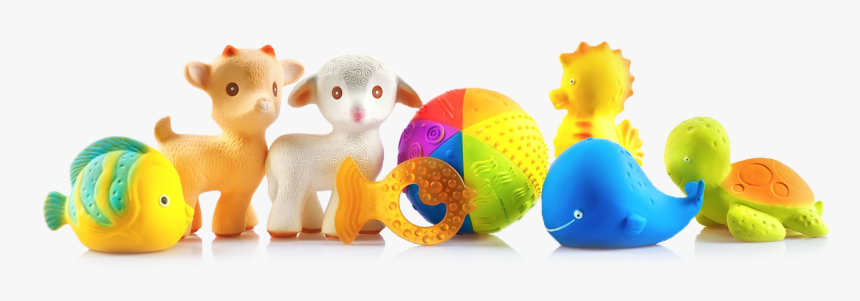
Making Talking Fun for Everyone
When it comes to helping autistic kids with speech, toys can be magical helpers. They make learning to talk enjoyable and exciting. In this guide, we’ll explore some easy-to-understand toys that can really boost a child’s speech, even if they find it difficult.
Keep in touch : LinkedIn
-
Talking Pictures: Words That Come Alive
Imagine a special tablet or phone app where pictures talk when you touch them. These apps, like TouchChat®, are like friendly teachers. Kids can press a picture, and the device says the word out loud. It’s like having a talking picture dictionary, helping them learn new words.
-
Special Talk Machines: Talking Like Everyone Else
Some gadgets, such as Dynavox® Maestro, help kids say things even if they can’t speak clearly. These machines turn words and pictures into speech. So, if a child touches a word or a picture, the gadget says it for them. It’s like having a talking buddy, making sure they are heard and understood.
-
Feel-Good Toys: Learning Through Touch
Imagine toys that feel interesting when you touch them. Things like squishy balls with different textures or small toys you can fiddle with, known as Fidget Toys. These toys aren’t just fun to touch; they help kids learn how things feel. By playing with them, children improve how they understand and talk about things around them.
-
Picture Cards: Showing What They Want
Think of special cards with pictures on them. These cards, called PECS cards, help kids tell others what they want. For example, if they want a snack, they can show the snack card. It’s like having a secret code that helps them express their needs without having to say it out loud.
-
Story Time: Learning From Books
Imagine reading a special book that teaches kids how to talk in different situations. Books like “The New Social Story Book” do just that. These books have stories that help kids understand everyday situations better. By reading these stories, children learn not just words, but also how to use them in different places, like at home, school, or with friends.
Potty Training methods for Kids : The Ultimate Guide: Detailed Step-by-Step Methods for Toilet Training Kids with Autism Using ABA Therapy Techniques – A Parent’s Guide
Frequently Asked Questions (FAQs) About Speech Toys for Autistic Kids
Q1: Can these talking picture apps help my child learn new words?
A1: Absolutely! These apps are like talking picture books. When your child touches a picture, the app says the word, helping them learn and remember new words.
Q2: What are some good feel-good toys for my child to play with?
A2: Soft balls with different textures and small fidget toys are great options. They not only feel nice but also help your child learn about different textures and objects.
Q3: How can picture cards help my child communicate?
A3: Picture cards, like PECS cards, act like a secret language. Your child can show these cards to tell you what they need or want, making it easier for them to communicate.
Q4: Are storybooks really helpful for speech development?
A4: Yes, they are! Storybooks teach kids words and how to use them in different situations. By reading these stories together, your child learns language in a fun way.
Q5: Can these special talk machines be used at home?
A5: Absolutely, these machines can be used anywhere. They are portable and can help your child speak clearly not just at home but also at school or when they are out with friends.
Conclusion: Talking Made Fun, One Toy at a Time
Speech doesn’t have to be boring or frustrating. With these special toys, talking becomes an adventure, filled with colorful pictures, fun textures, and exciting stories. By playing with these toys, autistic kids can learn to express themselves, making it easier for them to connect with the world around them. So, let’s turn talking into a fun game, one toy at a time!
Join facebook Support Group : https://www.facebook.com/groups/SupportAutism



